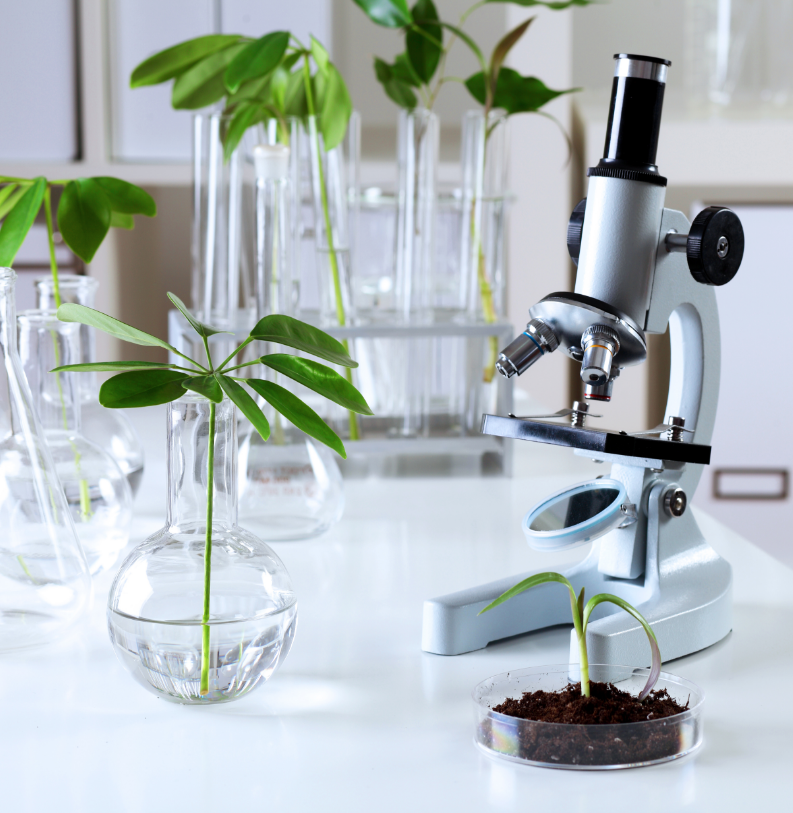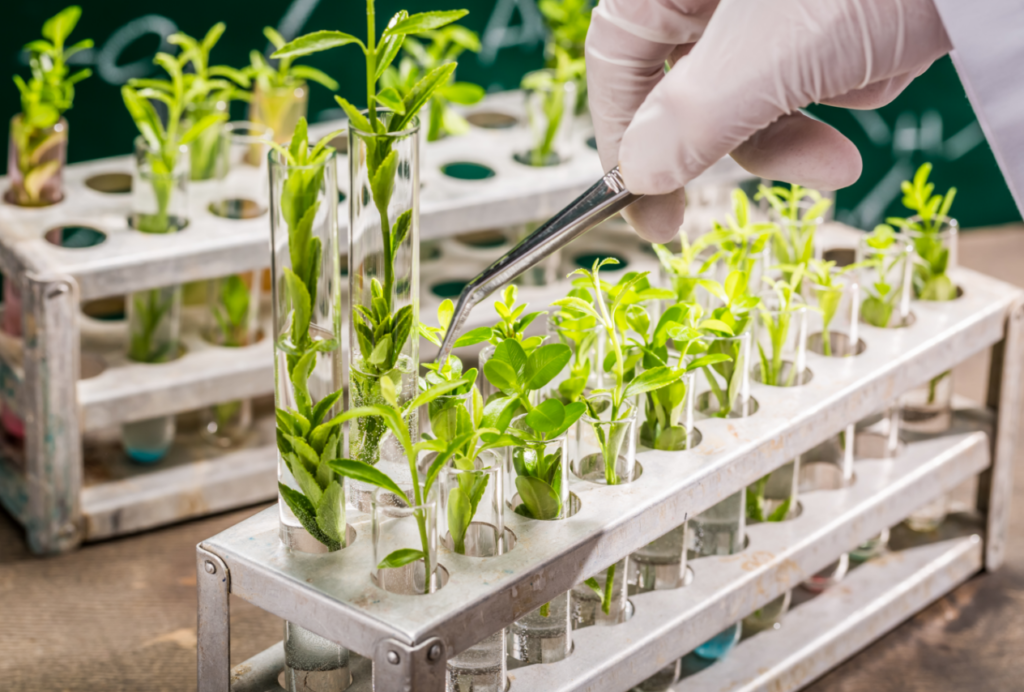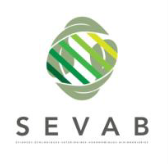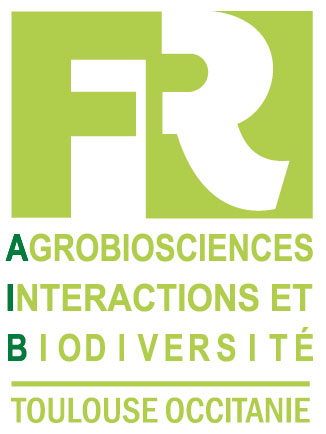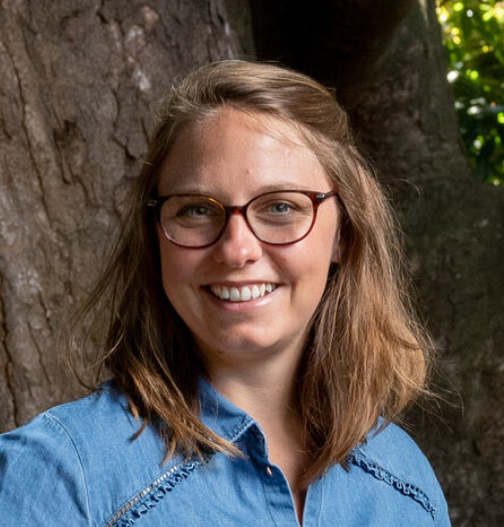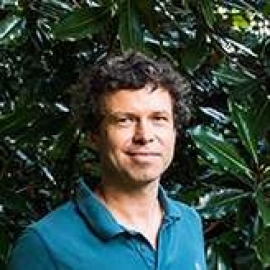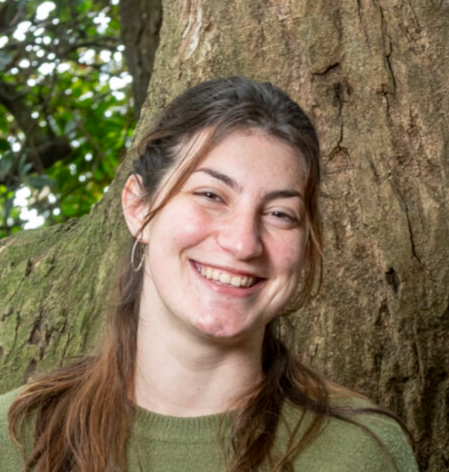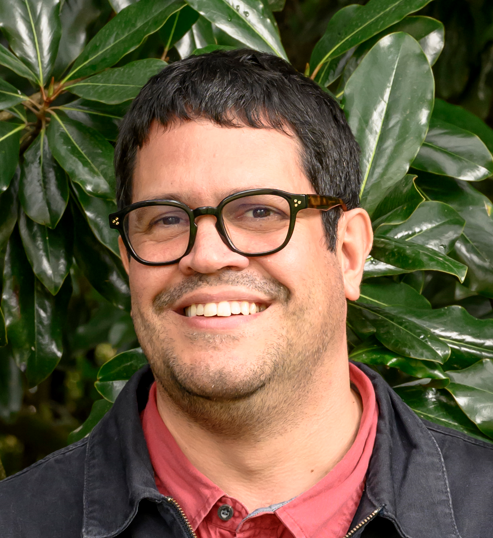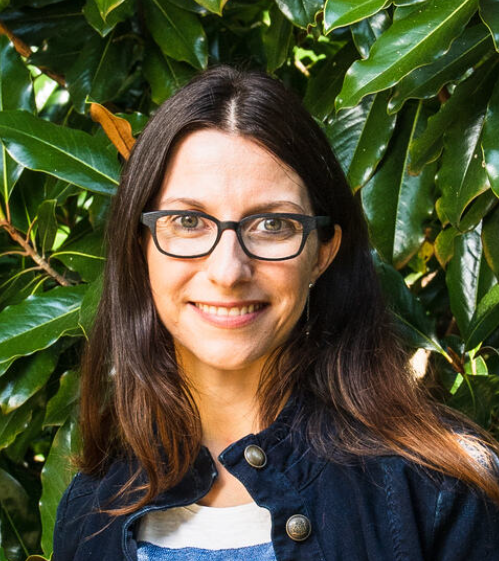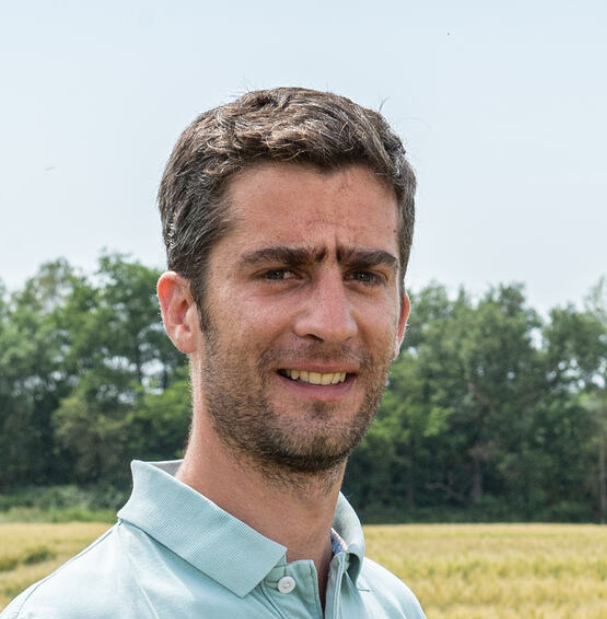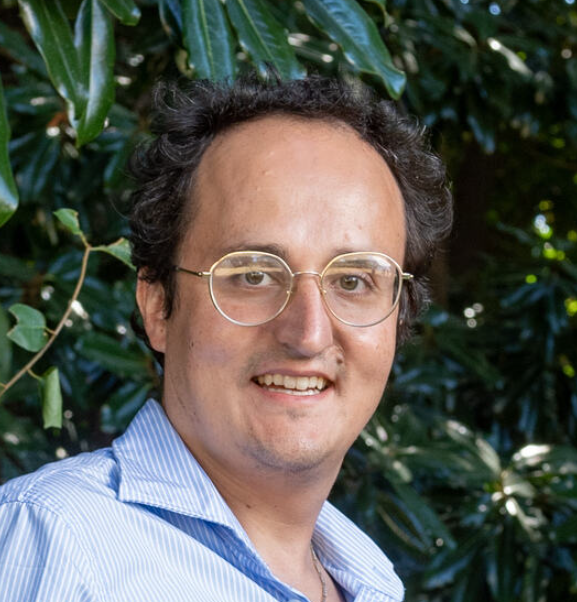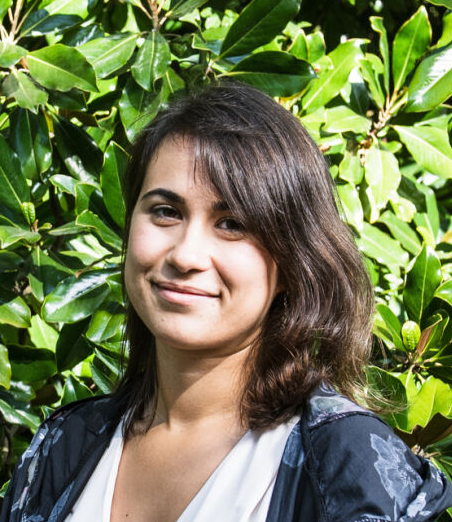Publications
Petit E., Berger M., Camborde L., Vallejo V., Daydé J., Jacques A. 2020 Development of screening methods for functional characterization of UGTs from Stevia rebaudiana. Scientific Reports :10, 15137.
Geffroy O., Kleiber D., Jacques A. 2020 May peppery wines be the spice of life? A review of research on the ‘pepper’ aroma and the sesquiterpenoid rotundone. OENO One, 54(2):245-262.
Geffroy, O., Armario, M., Fontaine, A., Fourure, M., Pasquier, G., Semadeni, T., & Chervin, C. 2020. 3-Isobutyl-2-methoxypyrazine is neutrally perceived by consumers at usual concentrations in French Sauvignon and Fer wines from the Gaillac area. OENO One, 54(4):1133-1142.
van Leeuwen, C., Barbe, J.C., Darriet, P., Geffroy, O., Gomès, E., Guillaumie, S.,& Thibon, C. 2020. Recent advancements in understanding the terroir effect on aromas in grapes and wines: This article is published in cooperation with the XIIIth International Terroir Congress November 17-18 2020, Adelaide, Australia. Guest editors: Cassandra Collins and Roberta De Bei. OENO One:54(4):985-1006.
Geffroy, O., Morère, M., Lopez, R, Pasquier, G., & Condoret, J.S. 2020. investigating the Aroma of Syrah Wines from the Northern Rhone Valley Using Supercritical CO2-Dearomatized Wine as a Matrix for Reconstitution Studies. Journal of Agricultural and Food Chemistry, 68(41):11512-11523.
Pascotto, K., Cheynier, V, Williams, P., Geffroy, O., & Violleau, F. 2020. Fractionation and characterization of polyphenolic compounds and macromolecules in red wine by asymmetrical flow field-flow fractionation. Journal of Chromatography A, 1629, 461464.
Pages M., Kleiber D., Violleau F, 2020. Ozonation of three different fungal conidia associated with apple disease: Importance of spore surface and membrane phospholipid oxidation. Food sciences and nutrition, 8:5292-5297.
Canado, A., Tournois M., Pages M., Roustan M., Remus-Borel W., Dietrich N., Violleau F., Hebrard G., 2020. The sudden decrease of the dissolved ozone concentration in sprays: a mass transfer phenomenon ? Industrial & Engineering Chemistry Research, 59, 33 :14914–14924.
Catala A., Levasseur-Garcia C., Pages M., Schaff J.-L., Till U., Vitolla Pasetto L., Hausberger M., Cousillas H., Violleau F., Grandgeorge M., 2020. Prediction and detection of human epileptic seizures baded on SIFT-MS chemometric data. Scientific Reports, 10:18365
Geffroy, O., Borau, C., Calas, A., Médeville, C., Monniot, P., Pasquier, G., Grenier, L., Ferrer, M. de Roany, J. 2020. Appréciation et profils de consommation des vins doux et des vins fortifiés: Une étude à l’échelle de l’offre française. Revue des oenologues et des techniques vitivinicoles et oenologiques, 47(175), 42-47.
Geffroy O., Kleiber D., Jacques A. 2020 Key facts about rotundone and practical ways to pepper your wine with this fascinating aroma compound. IVES technical review Vine & wine (technical article in 6 languages) DOI: https://doi.org/10.20870/IVES-TR.2020.4483.
Thèses
BEGHIN R., 2020. Etude des conséquences de la digestion anaérobie du maïs sur ses caractéristiques amendantes : devenir des matières organiques, stockage du carbone, vie microbienne, capacité d’adsorption et stabilité structurale de l’horizon de surface de Luvisols cultivés. Thèse de Doctorat de l’Université des Toulouse – INP Toulouse.
GEFFROY O., 2020. Arômes poivrés des vins et rotundone : aspect sensoriel, appréciation par le consommateur, impact des facteurs environnementaux, viticoles, et des techniques de vinification. Thèse de Doctorat en Développement des Plantes de l’Université des Toulouse – INP Toulouse.
SEGRET L., 2020. Optimisation de la teneur en principes actifs par des facteurs culturaux dans des plants de P. ginseng Effet du stress lumineux et de la fertilisation sur la teneur en ginsénosides des racines de P. ginseng. Thèse de Doctorat l’Université des Toulouse – INP Toulouse.
TREGUIER S., 2020 La spectroscopie comme outil de caractérisation des microorganismes : application à la microbiologie du sol et des produits laitiers. Thèse de Doctorat l’Université des Toulouse – INP Toulouse.
